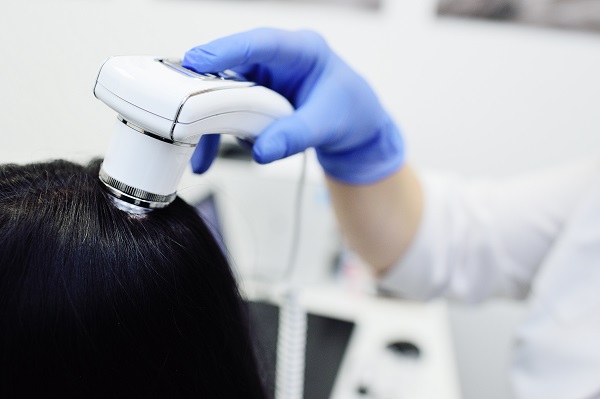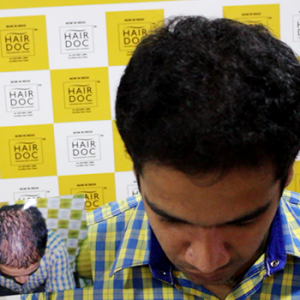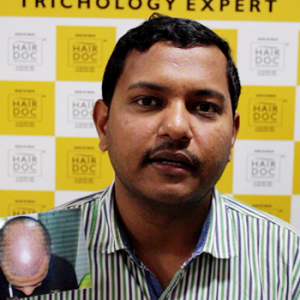
The word Trichology originates from the ancient Greek word Trichos meaning hair. Trichology can be described as ‘the science of scalp and hair in health and disease’.
A qualified trichologist is someone who has successfully completed the trichology educational programme of the Institute of Trichology , London, England. The programme’s subject matter includes anatomy and physiology of the skin and hair, anatomy and physiology of the systems of the body, chemistry, microscopy. nutrition, hair and scalp maladies, and electro-therapy.
The first step in a consultation consists of diagnosing the exact nature of the problem. This is when their knowledge and experience is most called upon. Deeper analysis of the hair or skin may be necessary to help the trichologist determine the cause of the problem and the best way to treat it. Once the cause is established, the trichologist will decide:
If your problem requires treatment and, if so, what treatment would be most beneficial.
- If your problem is such that referral to a medical doctor is necessary
- If surgical procedures are required, your trichologist will advise you on the best and most effective methods available.
Trichologists are trained to deal with conditions such as: Alopecia Areata, Totalis & Universalis, Diffused Hair Loss, Male – and Female Pattern Baldness, Telogen Effluvium, Seborrhoeic Dermatitis, Scalp Eczema & Psoriasis, Seborrhoea, Scalp Itching, Hair Breakage & Damage.





